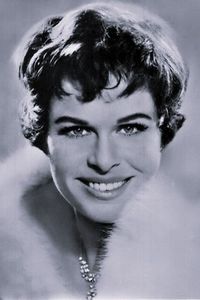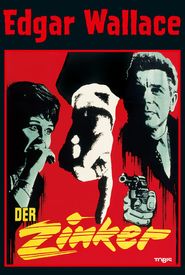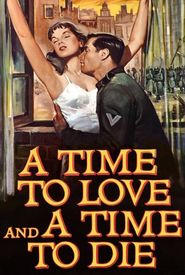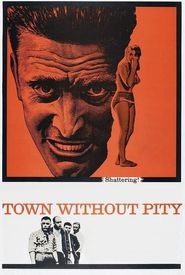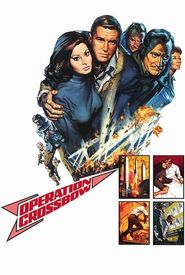Barbara Rütting's early life began in Wietstock, Brandenburg, where she was born Waltraut Irmgard Goltz to a family of teachers. She spent her formative years in Berlin and Luckenwalde, Brandenburg, where she attended school and developed a strong foundation for her future endeavors.
Following her matriculation, Barbara made the bold decision to relocate to Denmark, where she sought employment in various capacities, including as a maid, librarian, and translator. Her experiences in Denmark played a significant role in shaping her future career.
After the conclusion of World War II, Barbara returned to Berlin, where she pursued her passion for drama and abandoned her initial dream of becoming a medical doctor. In 1952, she made her screen debut in the film "Postlagernd: 'Turteltaube' (1952)", a comedy that tackled the theme of fear.
Over the course of the next several years, Barbara established herself as a talented actress, taking on a range of roles that showcased her versatility and depth. She appeared on the German and Austrian stage, and her performances earned her critical acclaim and recognition.
Barbara's most notable roles during this period included her portrayal of a Serbian student and member of a group of wartime partisans in Helmut Käutner's "The Last Bridge (1954)", as well as her role as the eponymous heroine in the remake of the Heimat-film classic "Die Geierwally (1956)".
In addition to her film work, Barbara also co-starred in the international co-production "Town Without Pity (1961)", alongside Kirk Douglas and E.G. Marshall. Her later filmography featured a diverse range of characters and genres, including her roles in "Deadly Decision (1954)", "Operation Crossbow (1965)", "River of Evil (1963)", "Der Zinker (1963)", "Das Phantom von Soho (1964)", and "Again the Ringer (1965)".
Barbara's extensive acting career spanned over four decades, during which she appeared in a wide range of films, including classics, historical dramas, and crime thrillers. She also maintained a strong presence on the stage, taking on roles in plays by renowned authors such as Schiller, Ibsen, and Strindberg.
In the 1980s, Barbara retired from acting and dedicated her life to philanthropic efforts, focusing on environmental and animal-related causes. She was a vocal opponent of animal testing by pharmaceutical companies and actively worked to promote animal welfare.
In addition to her philanthropic work, Barbara also pursued a secondary career as an author, writing novels, books for children, and cookbooks. She made regular contributions to the Swiss magazine Die Weltwoche and was married twice, taking the surname of her first husband.
Throughout her life, Barbara Rütting remained committed to her passions and values, leaving a lasting impact on the world through her acting, writing, and philanthropic endeavors.
